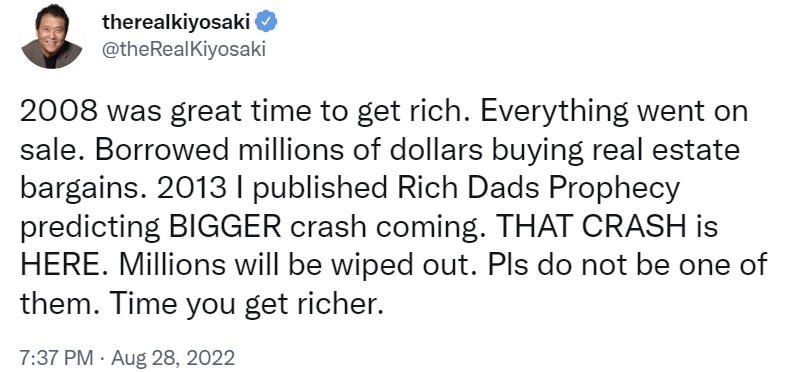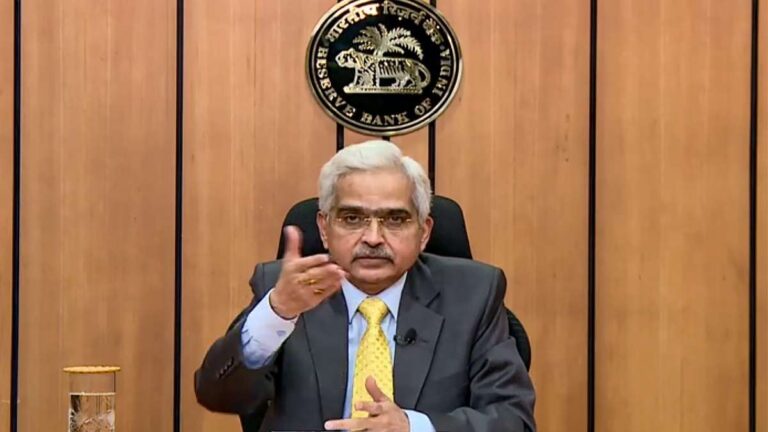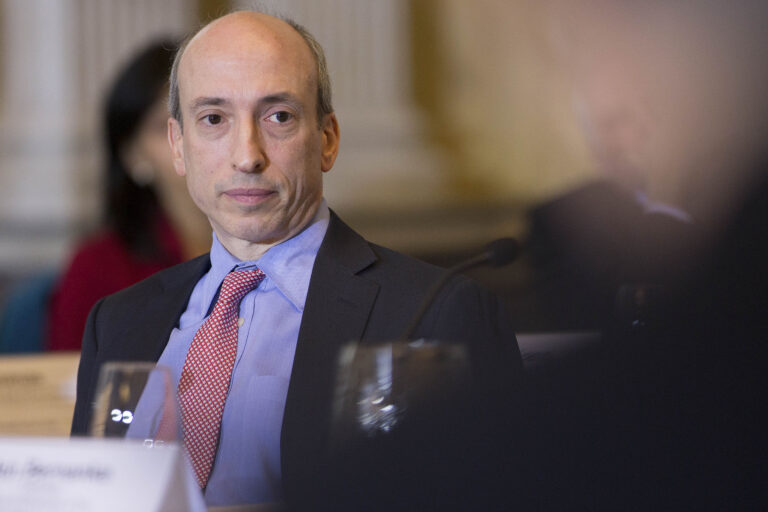According to reports, the Touadéra government’s offer of land and citizenship to purchasers of the sango coin is unconstitutional, as determined by a constitutional court in the Central African Republic. The nationality of the nation “has no market value,” according to the court, so the scheme to exchange sango coins for citizenship must be stopped.
Offering Land and Minerals to Sango Coin Investors Ruled Unconstitutional
A constitutional court has ruled that the government’s plan to grant full citizenship to investors in its sango coin cryptocurrency is illegal, which is likely to put the Central African Republic’s (CAR) cryptocurrency ambitions on hold. The government’s offer to sell land and access to minerals like gold to buyers of sango coins, according to the court, is also unconstitutional.
The court ruled that because the nation’s “nationality has no market value,” President Faustin-Archange Touadéra’s administration cannot continue to guarantee citizenship to investors who spend $60,000 on sango coins.
Government Says It Respects Court’s Decision
Reacting to the ruling, a spokesman for the CAR presidency, Albert Yaloke Mokpeme, reportedly said the government will now look for other ways of rewarding sango coin holders with land and citizenship. He said:
We respect the court’s decision and we’re now looking at another way to offer land and citizenship to investors.
At the time of writing, President Touadéra, who has regularly tweeted about his government’s ambitions, has not issued a statement. On the other hand, the website tracking sango coin sales shows that there are over 194 million unsold coins more than a month after the token sale commenced.










